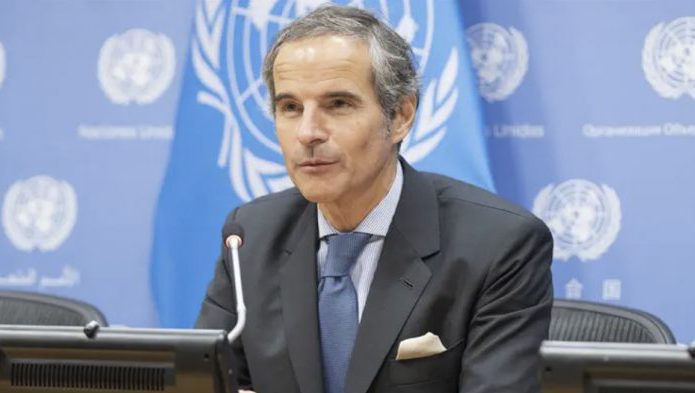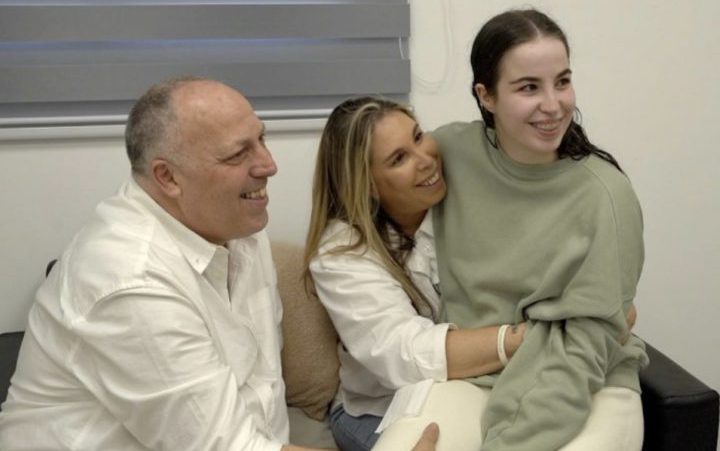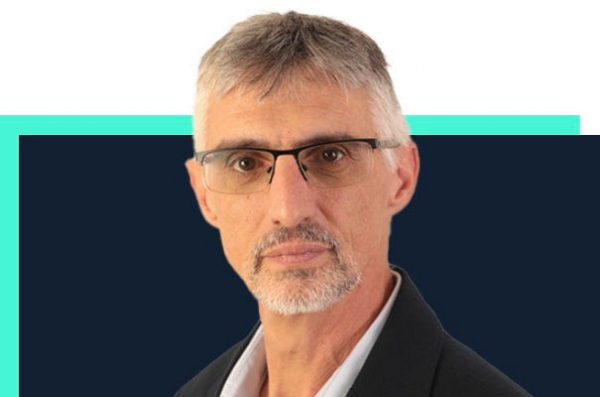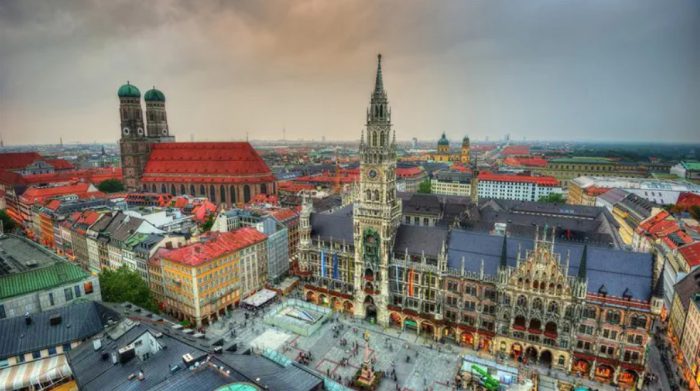Syria’s new government grants the UN nuclear watchdog immediate access to suspected former nuclear sites, according to IAEA chief Rafael Grossi.
Syria’s new government has agreed to grant inspectors from the United Nations’ nuclear watchdog immediate access to suspected former nuclear sites, International Atomic Energy Agency (IAEA) Director-General Rafael Grossi told The Associated Press in an interview on Wednesday.
Grossi confirmed the agreement after meeting with President Ahmad al-Sharaa and other Syrian officials. The development marks a significant shift following the fall of former President Bashar Al-Assad in December.
“Our aim is to bring total clarity over certain activities that took place in the past that were, in the judgment of the agency, probably related to nuclear weapons,” Grossi told AP. He described the new government as “committed to opening up to the world, to international cooperation” and expressed hope for completing the inspection process within months.
Under the Assad regime, Syria was believed to have operated an extensive clandestine nuclear program, including an undeclared nuclear reactor built by North Korea in eastern Deir el-Zour province. The IAEA had described this reactor as “not configured to produce electricity,” raising concerns about the potential production of weapons-grade plutonium. This reactor site became public knowledge after it was destroyed by Israeli airstrikes in 2007.
Grossi indicated that inspectors plan to revisit the Deir el-Zour reactor site, along with three other related locations. Other sites under IAEA safeguards include a miniature neutron source reactor in Damascus and a facility in Homs capable of processing yellow-cake uranium.
While there are no indications of radiation releases from these sites, Grossi highlighted concerns that “enriched uranium can be lying somewhere and could be reused, could be smuggled, could be trafficked.”
President al-Sharaa, who has actively courted Western governments since assuming power, demonstrated a “very positive disposition to talk to us and to allow us to carry out the activities we need to,” Grossi said.
The IAEA chief previously visited Syria in March of 2024, nine months before the collapse of the Assad regime, where he met with Assad and his foreign minister.
Grossi’s 2024 visit to Syria marked the first time in 13 years that IAEA officials have visited Syria. IAEA inspectors last visited the country in 2011, the year the civil war in Syria began.
In 2015, Syria asked the IAEA for help in converting a nuclear facility and shipping abroad potentially dangerous nuclear material.





